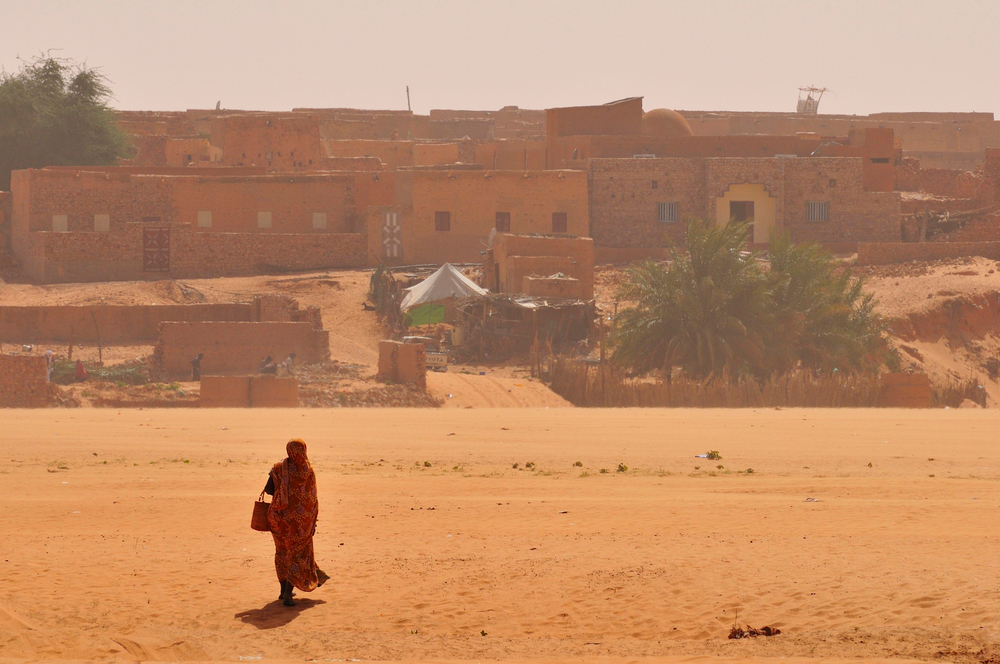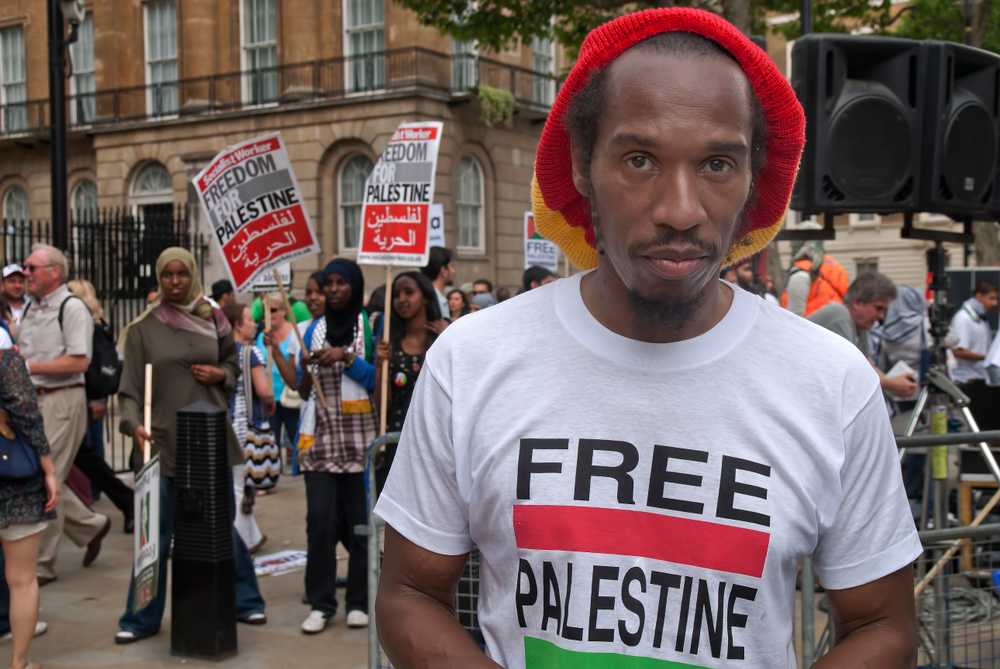Mauritania, a nation on the western fringe of the Sahara, is the last country in the world to abolish slavery in 1981, nearly 120 years after Abraham Lincoln issued the Emancipation Proclamation in the United States. and the last country to pass a law that criminalized the act of owning another person in 2007.
Mauritania is a vast land with an intricate history that is currently experiencing extremely dire conditions socially, economically and politically. This has had a disproportionate impact on the country’s most marginalized population: Black Mauritanians.
While Mauritania criminalized slavery in 2007, the practice continues widely, with up to 680,000 out of a total population of 3.4 million people currently enslaved in Mauritania. To this day the skin color of Black Mauritanians seals their fate of enslavement and mistreatment.
Most slave families in Mauritania consist of dark-skinned people whose ancestors were captured by lighter-skinned Arab Berbers centuries ago. Victims of the vicious cycle of being born into slavery and subsequent enslavement for life by default as the scourge of hereditary slavery goes on. In addition to forced physical labor and beatings, enslaved women and girls are frequently raped. Given that slavery descends matrilineally, some enslavers engage in systematic rape to produce more enslaved persons and increase their labor force.
There might not be chains restraining the feet or ankles of the enslaved Black Mauritanians, allowing walking but preventing running or kicking. Nor they might not be auctioned and sold publicly, and they may seem to move about freely and without their enslavers, but they remain enslaved due to extreme psychological coercion, dire poverty and lack of economic opportunity. This is why even when enslaved Black Mauritanians gain their freedom, they experience such complete social and economic discrimination that they are often forced back into a slavery-like relationship with their former enslavers who continue to exploit their dependency.
Mauritania’s government denies the continued existence of slavery as a widespread practice.
In fact, government officials have been quoted as saying that “all people are free” and that slavery “no longer exists” at all. As such, only a small handful of criminal cases have been brought against slaveholders in the 14 years since slavery was criminalized. But slavery is one of the myriad human rights violations toward Black Mauritanians, in recent years, multiple humanitarian crises of racial, ethnic discrimination, human trafficking, child labor and abuse, police violence, anti-democratic activities, statelessness and land-grabbing have been rampant in the country. Black Mauritanians always bear the heaviest brunt of the violations.
The designation of Temporary Protected Status (TPS) or Deferred Enforced Departure (DED) is urgently needed for Black Mauritanians who have forged lives and built families in the U.S. from being deported to a wholly oppressive, dangerous and hopeless existence in their country of origin. One way of condemning slavery is by designating protection for people fleeing imminent danger.
UndocuBlack “is a multigenerational network of currently and formerly undocumented Black people that fosters community, facilitates access to resources, and contributes to transforming the realities of our people, so we are thriving and living our fullest lives.”
Follow @UndocuBlack on Twitter.








